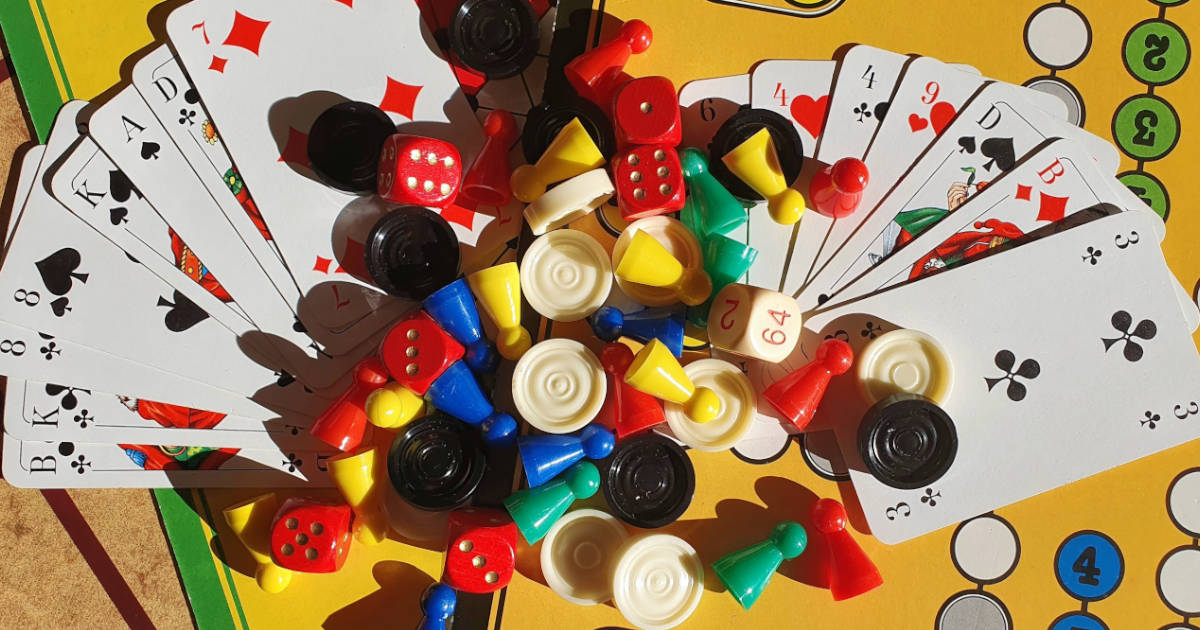Today, we will look at Tanya Pobuda’s presentation “Contested Spaces, Velvet Ropes, Exclusion Zones: The Pleasures and Dangers of Face-to-Face Play in Analog Gaming Spaces”.
The presentation was used for Tanya’s PhD dissertation in regard to the representation in the board game world in terms of race and gender. This, undoubtedly, took serious time and data collection, which Tanya gathered from BoardGameGeek – the largest and most detailed board game public source out there.
Tanya also took the time to carefully examine and dissect the artworks and labor of board game designers, and determined the racial and gender composition of those two components.
The Results of the Paper
One of the first things she discovered was that the industry was dominated by white males. As it turns out, 92.6% of board game designers for the top 400 games on BoardGameGeek were white men. Further, white characters were heavily represented in 82.5% of the covers of the top 200 BoardGameGeek games, and 76.8% of those characters were either men or boys. Tanya further discovered that you are more likely to see a fantasy creature or fauna (animals and plants) be represented, than a human woman.
The gathered data was further reinforced by a 320-participant online survey, which Tanya did in 2020. The respondent pool consisted of a female majority around 60.4%. The survey also had great racial representation, as 20.4% of the participants identified as black, Indigenous or person of color. Further, the survey had great representation from the 2SLGBTQiLA+ community, with 52.8% of participants identifying as such.
After Tanya had conducted the survey, she discovered that a lot of the participants thought that board game conventions have all-white male attendance. I will now summarize the data and share some of the more interesting comments that reflect some negative aspects of misrepresentation in the board game world:
One of every three survey participants (which amounts to 24.4%) experienced gender name calling during board game events.
Interestingly, some participants who identify as women shared while they are highly respected at conventions by attendees by some, they can feel that some male attendees are dismissive of them at first. Others, however, feel that they are being ignored and looked down upon, with one woman saying that she was spoken to as if her ideas are “stupid” and as if she was “an idiot” just for being a woman playing a wargame RPG.
Another research participant shared that they feel that Indigenous people will forever be represented as nothing more than barbarians in need of civilization, a notion that is offensive. Finally, the most important finding, 40.6% of the survey participants felt out of place at board gaming events before the start of the pandemic. This is an alarmingly high percentage that shouldn’t be taken lightly.
All those facts above shouldn’t be treated so much as harsh or picky remarks, but as a challenge to board game event organizers, publishers and designers to make board games more inclusive and more diverse for everybody. And while on the topic of diversity, feel free to check out the OurFamilyPlaysGames YouTube channel for more family-friendly inclusive board games content.

